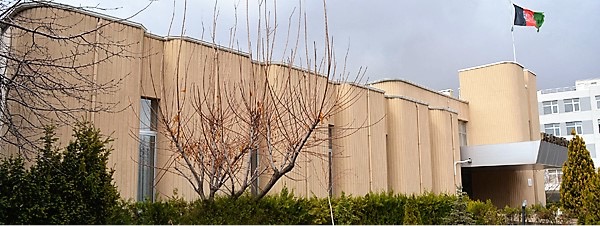Turkey has officially ended the tenure of Afghan diplomats appointed by Afghanistan’s former, Western-backed government, the outgoing diplomatic team announced. This decision clears the way for the Taliban to appoint their own representatives in Ankara.
In a statement posted on X, the departing diplomats confirmed that they had handed over the Afghan Embassy in Ankara to the Turkish Foreign Ministry on Thursday. Their strongly worded message attributed Turkey’s decision to terminate their mission to persistent pressure from both the Taliban and Turkish officials.
Turkish authorities have not yet issued an official response.
The move marks another diplomatic victory for the Taliban, who have been systematically taking control of Afghanistan’s embassies and consulates abroad since seizing power over three years ago. With the inclusion of Turkey, the number of diplomatic missions under their control now exceeds 40.
“Due to the Taliban’s repeated attempts to seize control of the embassy, ongoing pressure on diplomats and staff, and their influence over the Turkish government, the Republic of Turkey’s Foreign Ministry has recently decided to terminate the mission of the ambassador and diplomats at this embassy,” the departing team stated.
They further suggested that Ankara’s decision was driven by a desire to maintain its own diplomatic presence in Afghanistan, including its embassy in Kabul and consulates in Mazar-e-Sharif and Herat.
Meanwhile, in Kabul, the Taliban-led Foreign Ministry downplayed the development, describing changes in diplomatic staff as routine.
“The Embassy of Afghanistan in Ankara continues its activities as usual and remains at the service of its citizens and other clients,” said Zakir Jalali, a senior ministry official.
Last July, the Taliban declared that they no longer recognized diplomatic missions established under Afghanistan’s previous Western-backed government. Despite this stance, most countries have yet to officially recognize the Taliban as Afghanistan’s legitimate rulers.
While tensions between the Taliban and Western nations persist—largely due to the regime’s severe restrictions on women and girls—Afghan authorities have managed to establish diplomatic ties with key regional powers, including China, Russia, and several Gulf nations.



